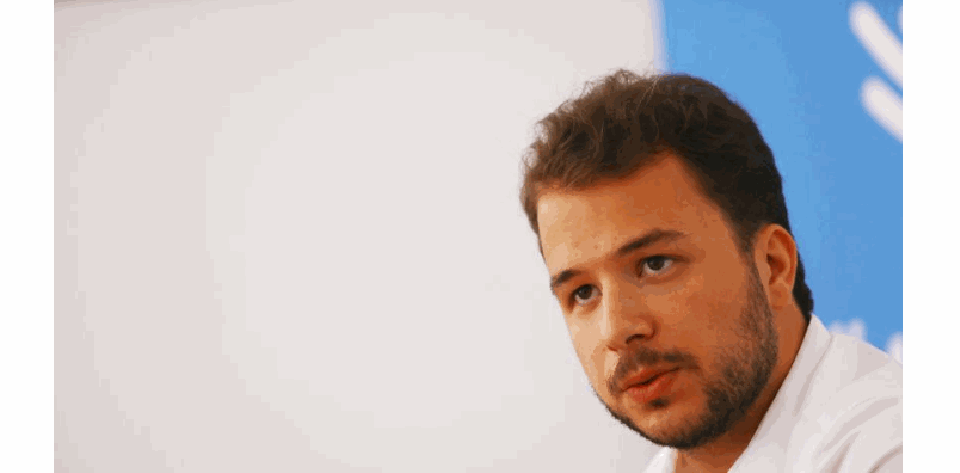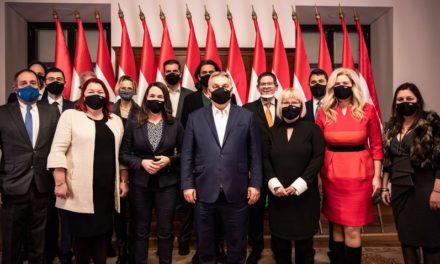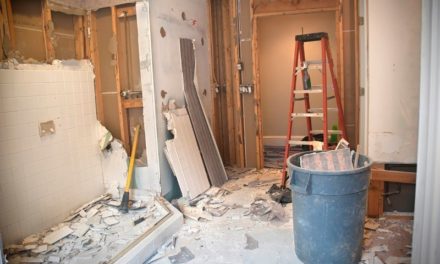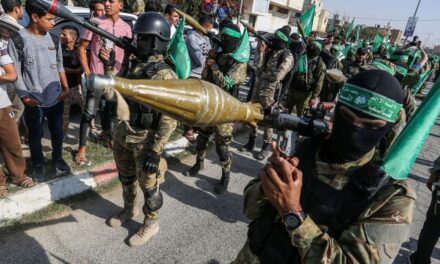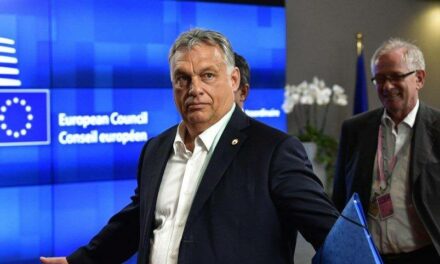It is still difficult to estimate the costs of reconstruction in Ukraine. As long as the guns are sounding and more than ten million people have been forced to flee, the most important thing is that everyone has a roof over their head and a slice of bread in their hand. The trucks of the Ecumenical Aid Organization were already on the Ukrainian border on the third day of the war to alleviate this crisis. Defying the threat of Russian airstrikes, they have since opened a coordination office in Lviv (Lemberg), which is headed by a proven specialist, Stochino-Weiss Giuliano (pictured), who has also visited Afghanistan and Iraq. After the first phase of the emergency, they slowly start looking further afield.
– Recently, they presented their work to Prince William and Catherine of Cambridge. How was the conversation?
– Very interesting and surprisingly relaxed. I tried to stay calm, so it was a really pleasant experience. We talked for about twenty minutes organized by the British Disaster Management Committee. The reason for this was that we work together with the English aid organization Christian Aid. I informed them about what we do and how we use the money we receive from them. I told them that our aid organization has been working in Ukraine for almost thirty years, and also what challenges it poses, that instead of the long-term plans up until now, we had to respond to the emergency situation. They asked if we were safe and what ideas we had for the future.
"And are they safe?"
– The Transcarpathian colleagues basically do, and the Hungarian border is also close. We have security protocols in place at our Lemberg representative office and in case of aid operations carried out in higher-risk areas.
"Several airstrikes have already been carried out on Lviv." How many of these have you experienced?
– We weren't here for the first attack. We only heard the second impact; but only so much as if a door had been slammed, it allegedly hit a hangar about ten kilometers away. The last time I heard the explosion clearly, and then I saw the clouds of smoke. Because of this, we had to reevaluate security considerations.
– How do they help in Ukraine?
– We now cover the full spectrum of humanitarian aid. On the one hand, we have brought almost a thousand tons of food and hygiene products and distributed them across the country. László Lehel, the president and director of our organization, handed over generators in Bucsa the other day. This is the very first, emergency stage. On the other hand, we are developing the so-called cash program for the longer term. The essence of this is to move from supply to need-based assistance. In practice, this looks like a maximum of ten thousand dollars worth of support from us to the care center, which they then spend on what they really need. We will, of course, draw up a list that they cannot buy from the amount, such as military equipment. On the other hand, they can buy, for example, food, electricity, or even pay wages. We also support specific households in a similar way: after a survey, those in need receive a token, which they can then exchange for cash.
You can read the entire article published in Magyar Nemzet
Author: Dávid László
Picture: Máté Bach

